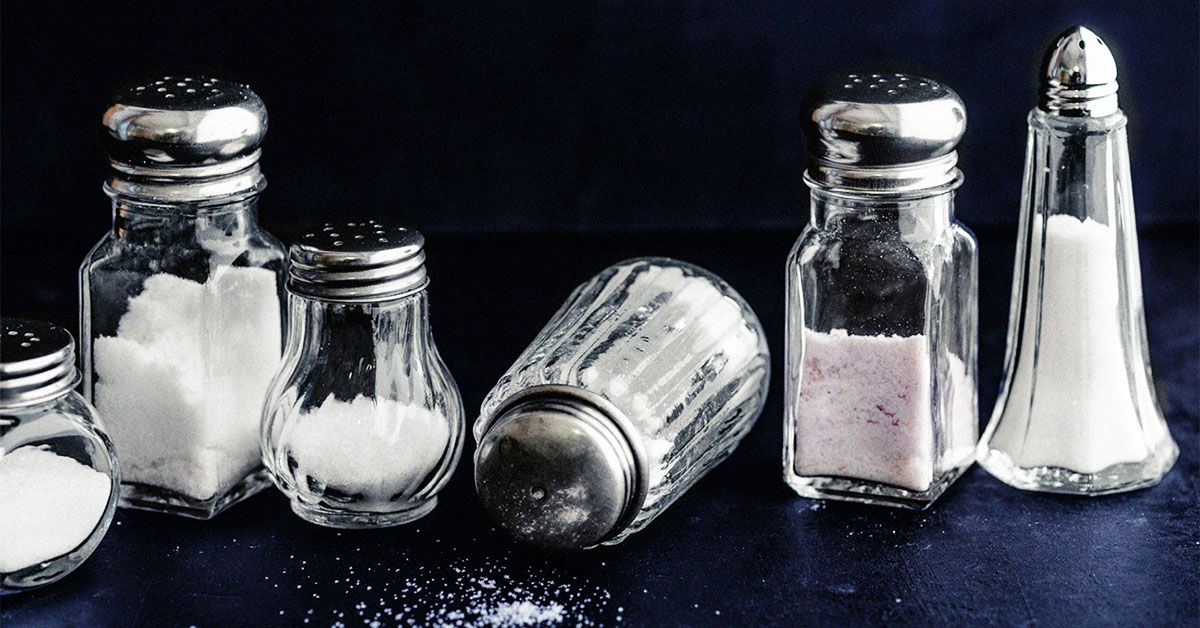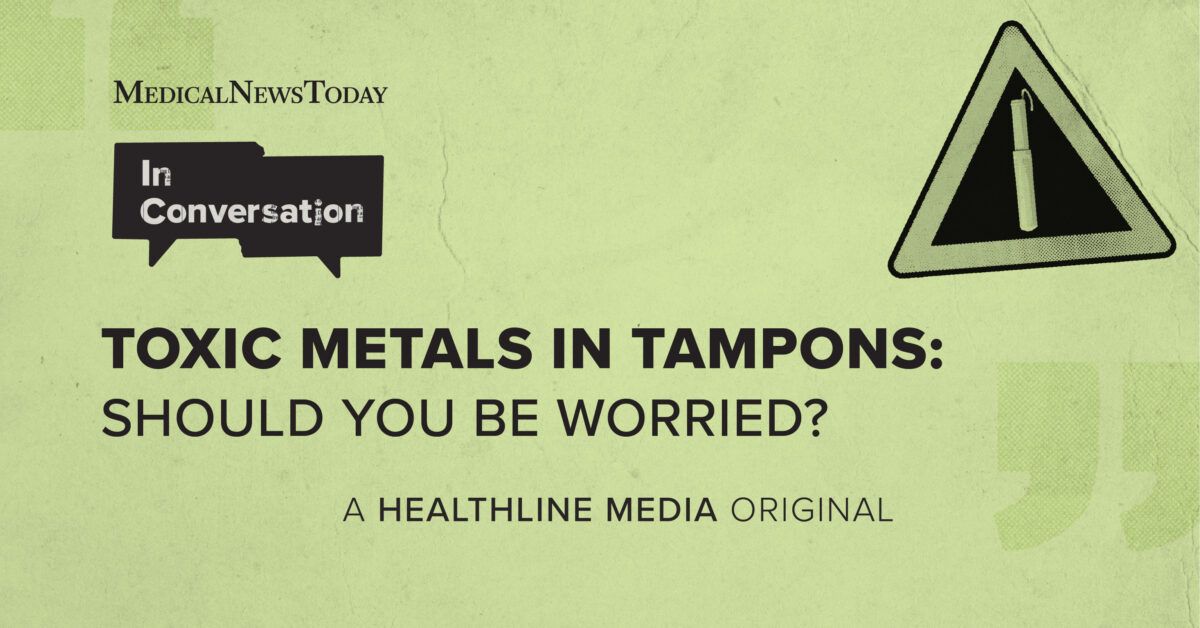Health
Higher levels of low-density lipoprotein (LDL) cholesterol in the blood is linked to an increased risk of atherosclerosis, the buildup of fatty plaques in the blood vessels. These are linked to cardiovascular disease as they narrow the blood vessels, and can block them. Researchers have shown that early exposure, particularly…
Most people with hypertension need to take multiple medications, which adds to their “pill burden.” A new study from the University of South Wales found that a new pill combining low doses of three different anti-hypertensive medications surpassed a current high quality standard care treatment plan using one anti-hypertensive drug.The…
A new study finds an association between making cellphone calls and increased cardiovascular risk.Compared with those who made the fewest calls, those who used their phones the most had a 21% increased risk of experiencing a cardiovascular event.This relationship was most pronounced in people with diabetes and those who smoke.However,…
Excessive exposure to light pollution at night may raise the risk of developing Alzheimer’s disease.Researchers found that in people 65 and younger light pollution had a stronger correlation to Alzheimer’s disease prevalence than any other risk factor studied. Experts say more research is needed to fully determine if light pollution…
A new study has shown that a lower threshold for potassium supplementation after cardiac surgery saves patient costs and does not create any further risks of atrial fibrillation or other dysrhythmias.Atrial fibrillation is the most common clinical arrhythmia worldwide, and nearly one-third of people who undergo cardiac surgery experience it.Potassium,…
Multiple sclerosis (MS) is a chronic autoimmune disease caused by the interaction between environmental factors, such as high dietary salt intake, and genetic risk factors.When regulatory T cells, which are a type of white blood cell that suppress an immune response against the body’s own tissue, malfunction, they can lead…
Recently much research has focused on exposure to bright light at night and its potential negative impact on health. Numerous studies have found a possible link between exposure to nighttime light and diabetes risk. Researchers from Flinders University further confirm a possible correlation between bright light exposure at night and…
Hormone therapy taken during perimenopausal years slows down aging during menopause without increasing mortality risks, according to a new study.The reduction in aging was found to be most dramatic in women of lower socioeconomic status, leveling out their mortality risk with women in higher-income demographic categories.While hormone replacement therapy received…
Arsenic, cadmium, cobalt, chromium, lead, and zinc… These are just some of the metals a recent study found in tampons. However, not all of these metals are innocuous, and some are quite toxic to human health. In this podcast episode, we dissect what these findings mean and whether or not…
Share on PinterestTaken at onset, ubrogepant may stop migraine attacks in their tracks. Image credit: Guido Mieth/Getty Images.Migraine attacks are painful events that can cause many unpleasant symptoms.Research is ongoing about the best way to help people who experience migraine attacks.Results of a recent study found that administering the medication…















